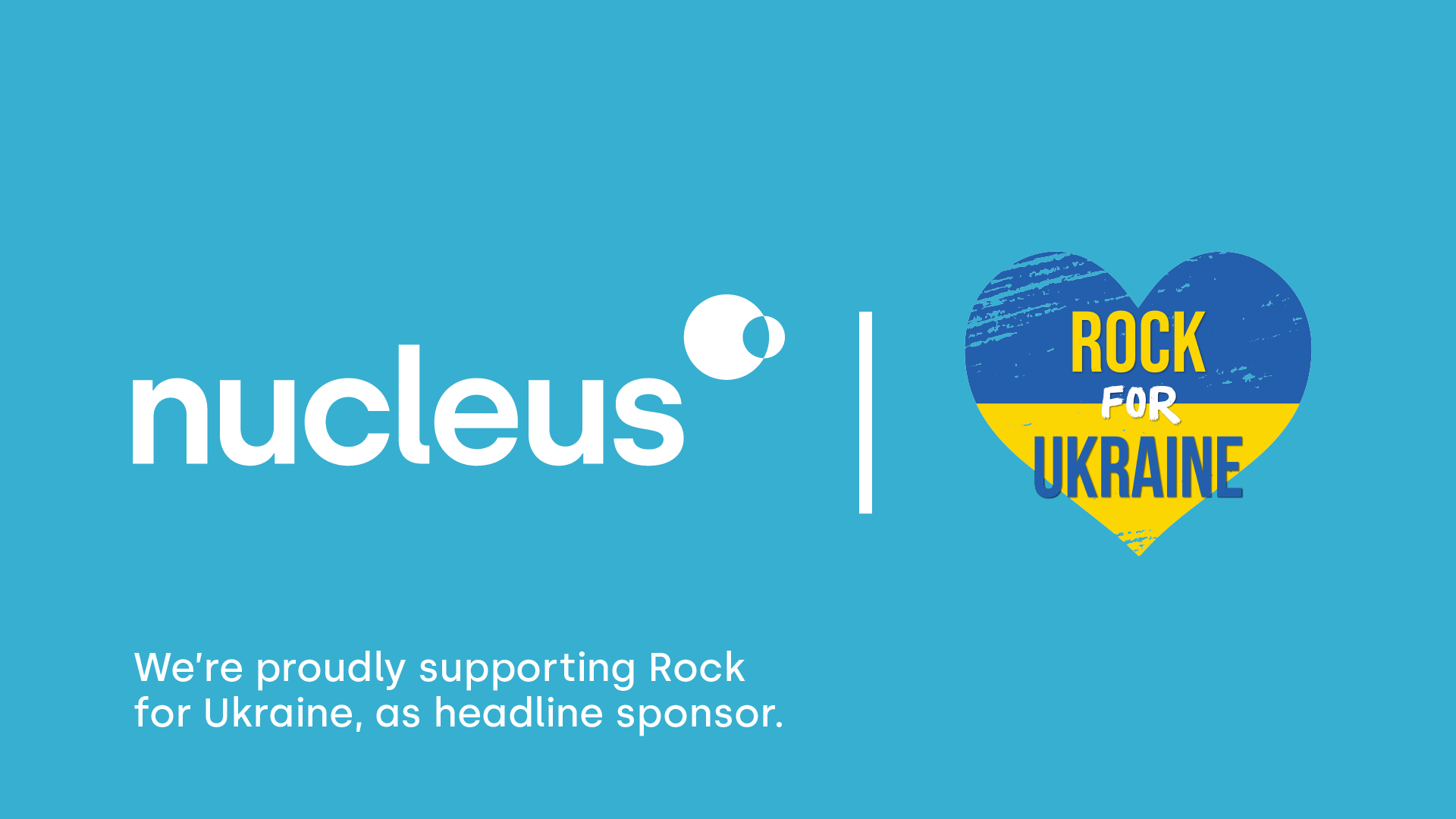A lot has changed since last March, when Shannon and I made the 1,500 mile trip to Poland with a truck full of aid for Ukrainian refugees. (We're even preparing to stage a gig.)
The biggest difference is that we're now focusing efforts on Moldova, helping two amazing organisations – Refugee Support Europe, and Moldova for Peace. I thought I’d reflect on this, picking up from my update in November.
Making a difference isn't just about donations
We're making a difference in two ways. The first is physically, by giving money that can be spent on food, clothes and other necessities. The second is morally. Half a million displaced people from Ukraine have moved through Moldova; about 100,000 have stayed. Moldova is the least visited, poorest country in Europe, and Russia has made it clear that Moldova is next if Ukraine were to fall. The fact that westerners are turning up and paying attention has gone down very well. It's humbling.
How we're supporting people right now
Mobility aids are a big priority as Moldova is a long way away. It takes three days of travel through the mountains to reach it. We've mainly been trying to get money there, because trying to get anything else there is hard.
A third of the population live in Chișinău (the capital city). Not many people have a driving license, never mind a car, and public transport to the countryside is non-existent. Buying cars eats into the limited budget of aid organisations.
We've tried to help in any way we can. Back in March, David (Crozier) took a van to the Polish border. People donated more money than we could spend, which was great, so we passed it on to Moldovan Peace. And, when we were there in September, Refugee Support Europe were struggling with not having a car. We bought one, and gave it to them.
Using our own skills to help out
I don't have language or medical skills. I can't drill bore holes. But I can drive.
During our visit to Moldova, we hired a car so we could help with distributing aid. David drove his van north, taking parcels to various villages in the middle of nowhere. My wife Shannon and I did the same, heading south.
Driving in Moldova was certainly interesting. There's no real road system: they're basic at best, mainly for horse-drawn carts, with no street signs or street lights. Of course, braving the rough roads was worth it to deliver aid directly to mothers with small children.
A little help can make a huge difference
Sometimes it feels like we're doing precious little. The numbers are so overwhelming. The population of Ukraine is roughly 44 million, but this war has displaced 13 million. One in three refugees is over 60. It's so hard to wrap my brain around – 13 million people from one place!
Some people have asked me the point of trying to help if we can only reach a fraction of those people. But I like to remember the starfish analogy.
A boy is walking along the beach, picking up starfish that got stranded during high tide, and throwing them back into the ocean. A man approaches and gently tells him that there's miles and miles of beach, and thousands upon thousands of stranded starfish. He tells the boy that, although his cause is noble, he can't make a real difference.
The boy ponders for a second, throws another starfish into the waves, and says: "Well, I made a difference to that one."
And really, that's any of us can hope to do.
How can people help?
We're obviously keen to get as much aid to Ukrainian refugees in Moldova as possible. Money is the most important thing. It's immediate – you give us money, we put it in the bank, and it can be use to buy aid almost instantly. As well as helping refugees, this helps the Moldovan economy – so it's a double win.
The big thing just now is getting people through the winter. The energy price spike isn't just affecting us here in Britain. Russia is shutting down Ukraine's energy system, so people can't use their own electricity and gas. At the moment they're having to buy it in from Romania.
As well as money and mobility aids, the next thing we need is warm shoes and clothes. People didn't wear winter clothes when they fled in the summer – why would they? Now they have no home to go back to. A big task for us now is figuring out how to get that to them cost effectively.
Remember: everyone can make a difference
The phrase 'the life you change may be your own' is as true as 'there but for the grace of God go I'. This could be us – it could be anyone.
If you have mobility aids, warm clothing or shoes you can donate, please get in touch with Phil and David directly.
Rock for Ukraine takes place on 23 February at Stationers Hall in London from 7:30pm. See you there.
